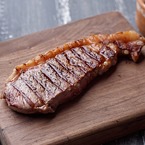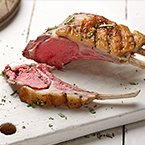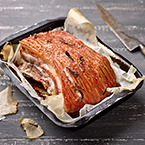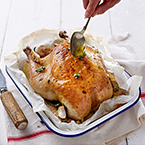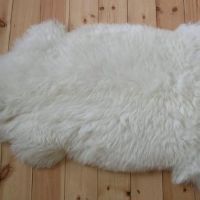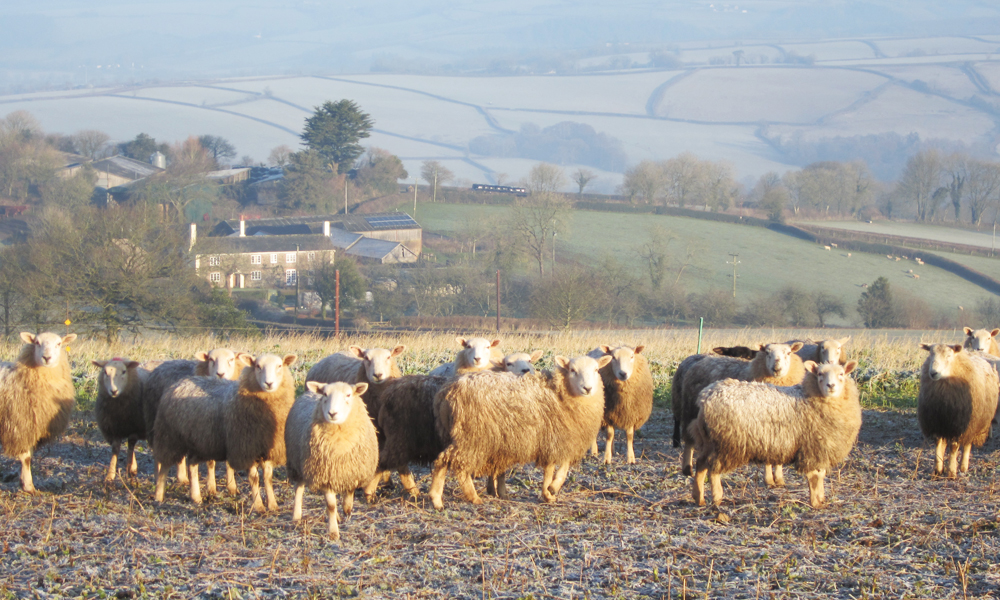
We have been selling our produce direct to our customers for over twenty five years; even before the age of the internet. Having that connection right through from farm to fork has always been at the heart of our farming system, so we are always happy when people want to know about our livestock and how we farm - we are very proud that all of the beef and lamb we prepare and sell from our butchery has been born, bred and fed entirely at Higher Hacknell.
One of the most frequent questions we are asked is ‘what do you feed your animals?’
The answer to that is grass, well, mostly. The farm is suited to growing grass with the plentiful rain and just enough sunshine we get here in North Devon, but that’s a story for another day, although a very important one.
At this time of year though, the grass hasn’t started growing and we need to protect it for spring when all our lambs and calves are born. We have hay and silage made from last summer’s grass and this makes up most of the animals’ winter diet, especially for the cattle housed in the barns.
Most conventional farmers supplement their hay and silage with bought in ‘cake’ to get them through this hungry gap. This concentrate feed is made of manufactured pellets with a whole host of ingredients such as soya, wheat and imported proteins (most probably grown on the other side of the world to the detriment of the planet). It’s a fairly easy way to feed and finish livestock, but it’s not one that fits in with our regenerative and organic system of farming and not the way to produce healthy food in our view.
Our solution at Higher Hacknell is the age-old tradition of ‘folding roots’.
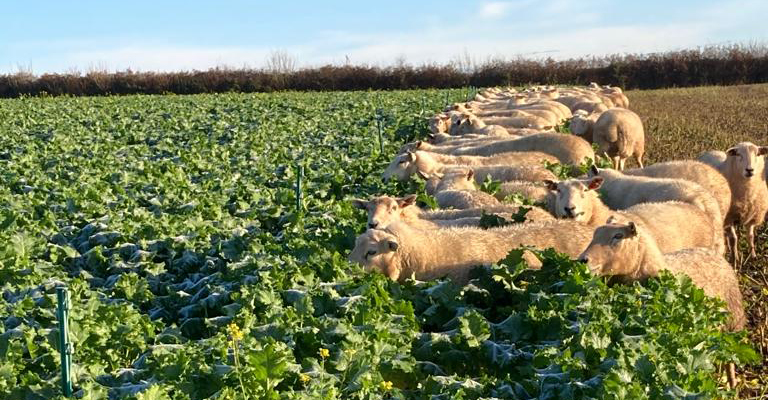
Our lambs from last year (or hoggets as we call them) and ewes stay outside, which is more natural for them and they graze on delicious fresh kale and turnips which they love. We sowed these root crops in late August in fields that just last summer were a shimmering golden sea of barley as part of our 5-10 year organic rotation. We farm regeneratively; one of our aims is to maximise soil health – and in as natural a way as possible. Around 95% of food production relies on soil and healthy topsoil is vital to our existence - it’s a scary fact that half the world’s topsoil has been lost in the last 150 years!
The turnips and kale are in a cereal sandwich – the field will be tilled with its second, and final, barley crop when the sheep have had their winter fill. Back in the present though, the manure of the sheep fertilizes the soil and the kale provides cover and a feeding ground for hundreds of birds battling against the harshness of the British winter. This is farming at its holistic best, working for the benefit of wildlife, people and the earth itself without the need for unnatural additives.
The final part of the organic rotation will see the field sown to grass in the autumn this year, and it will remain as pasture for 3-5 years, naturally building fertility and organic matter as it is gently grazed by our South Devon cattle and Lleyn sheep. By farming organically, using regenerative methods, we are building organic matter into the precious soil which will store carbon and help in the battle against climate change.
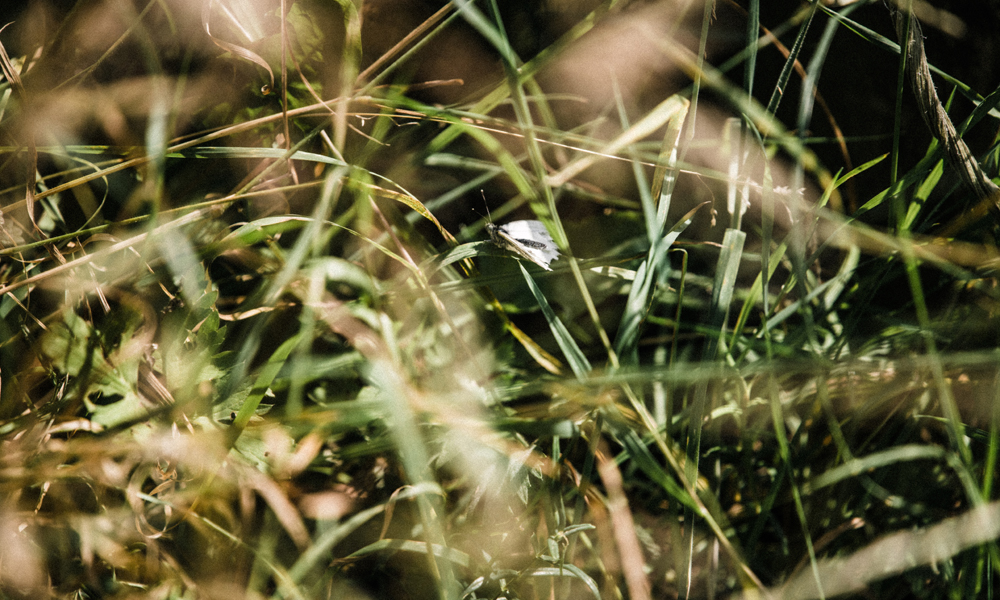
Our aim is to produce healthy food by rearing healthy animals while keeping our soil healthy too. ‘Folding roots’ is just one example of how we do this and why the old farmers would talk about sheep having the ‘golden hoof’ by putting fertility back into the soil.

